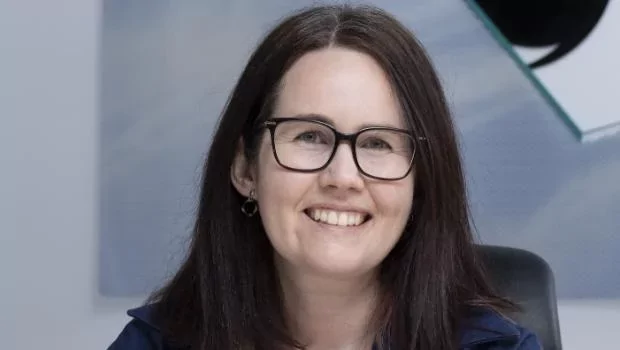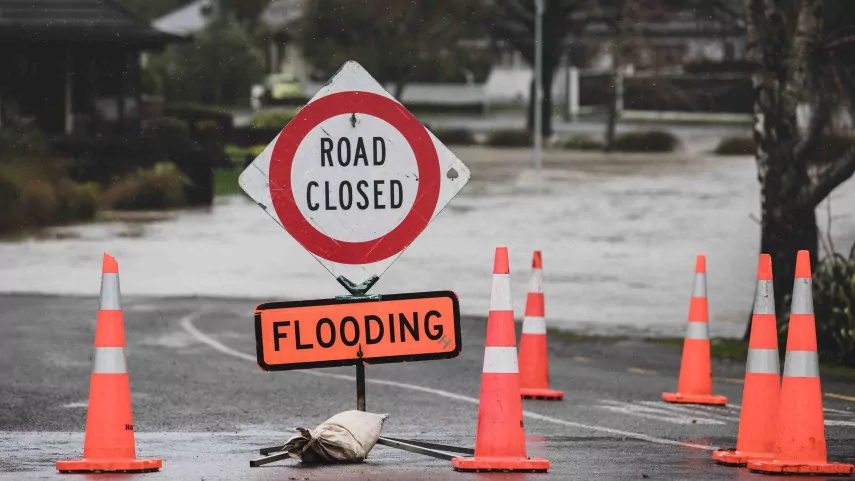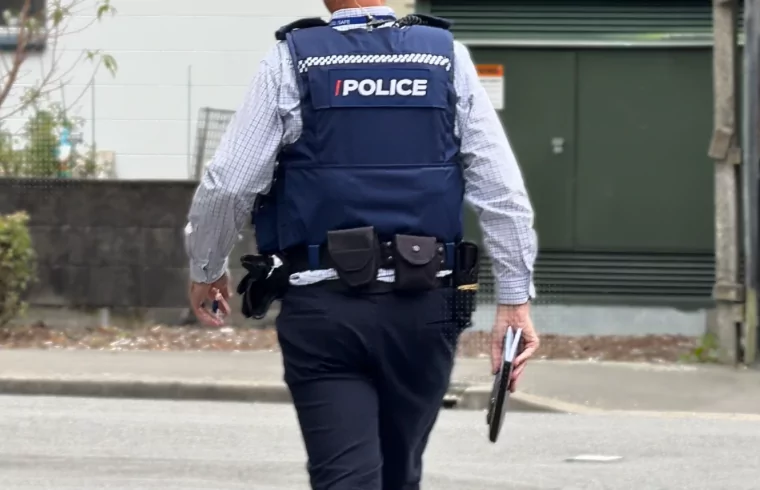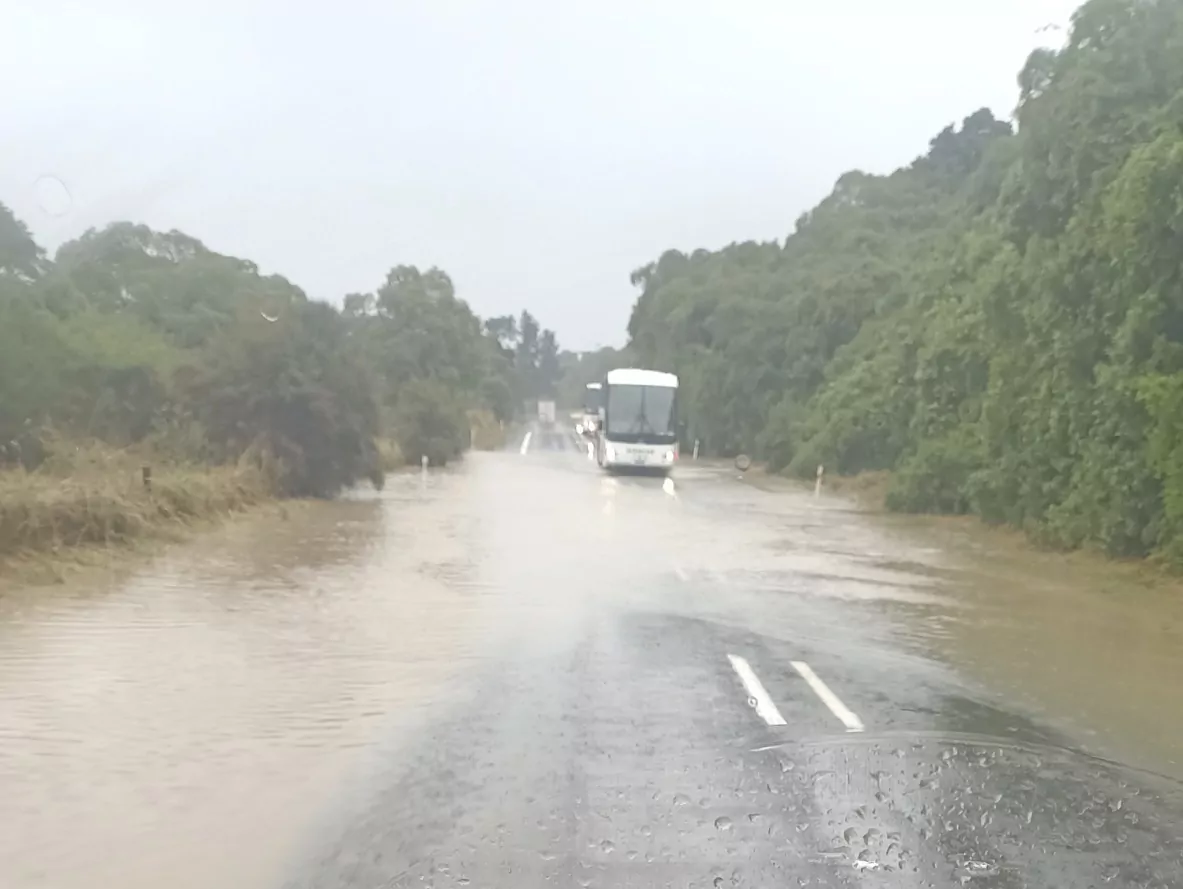Escaped youth tracked by Eagle helicopter, found hiding in New Brighton
The young person who escaped from a youth justice facility in Rolleston has been located...

The Broadcasting Standards Authority has defended its decision to engage with online broadcaster The Platform after receiving a complaint about comments made by Sean Plunket referring to tikanga Māori as “mumbo jumbo.”
The complaint was lodged by Richard Fanselow.
Plunket later dismissed the complaint, calling Fanselow a “plonker” and saying The Platform was not subject to the Broadcasting Standards Authority because it operated entirely online.
In that regard, and under law, he’s correct.
However, the BSA issued a provisional interlocutory decision confirming it would proceed with the complaint, marking the first time the regulator has accepted jurisdiction over an online-only broadcaster.
The Authority said it considered The Platform’s livestreamed talkback programme to fall within the Broadcasting Act’s definition of “broadcasting.”
In response to criticism from Plunket, the BSA defended its position, saying it was acting within the law.
In a statement sent to Chris Lynch Media, BSA Chief Executive Stacey Wood said, “The BSA’s jurisdiction is determined by the Broadcasting Act.
“We have no intention of acting outside the Act – our view is that online broadcasting that resembles a traditional TV or radio station falls within our existing jurisdiction.
“The definition of ‘broadcaster’ and ‘broadcasting’ in the Act isn’t limited to TV or radio – it talks about programmes transmitted to the public by any means of telecommunication.”
She said, “Our position on this isn’t new. In 2019 we announced we were reviewing our jurisdiction to apply a modern interpretation of broadcasting.
“In 2020 we paused that review, partly due to announcements that our legislation would soon be updated. The best and clearest solution lies in legislative reform of media regulation, which we’ve called for for over 15 years.”
Wood said, “Having now received our first formal complaint referral about an online broadcaster, we must act, while still anticipating reform.”
She said the Authority’s current policy had been publicly available for years. “Our published policy since 2020 has been that, if we receive a relevant complaint and there’s no other applicable standards body/regulator, and if the complaint raises issues of public interest or a risk of harm, we may accept the complaint and engage with the parties using our established processes.”
“We’re now doing that,” Wood said. “The BSA has not considered the merits of this complaint yet – therefore there is no ‘contrasting treatment’ to raise the kind of questions you’ve described.”
She rejected claims the regulator was overstepping its authority or infringing on free speech.
“We don’t have – nor seek – the power to censor media. Our interest is in ensuring the public have access to accurate, reliable media content, and a regulator they can turn to if they think standards are breached. Far from shutting down free speech, freedom of expression is at the heart of every BSA decision.
“Only in a small number of cases do we find this right is outweighed by potential harm. In the past three years, the Authority upheld 20 (being 7%) of 288 complaints. This reflects the system’s success in protecting freedom of expression while also tackling potential harm.”
Plunket told Chris Lynch Media he won’t be engaging with the BSA, but the two will be discussing the topic tomorrow on Plunket’s show after 8AM.
ACT MP Todd Stephenson said “When Parliament created the BSA in 1989, it was to uphold standards for traditional broadcasters. There was no YouTube, no podcasts, no livestreams.
“The BSA now claims it can regulate platforms like The Platform because podcasts include sound, and sound equals broadcasting. That’s a dangerous leap in logic.
“In the age of the internet, people can choose what media they tune in to, or tune out from. The Platform isn’t invading anyone’s living room without their consent.
“This is a textbook example of a public agency trying to rewrite its own job description, expanding the bureaucracy, dismissing freedom of choice, and disregarding the boundaries of its democratic mandate.
“The BSA should stick to its knitting. If Parliament wanted a regulator for online content, we would’ve created one through proper democratic process, not let a legacy body declare it by fiat.
“Free speech matters. ACT will fight any attempt to smuggle in internet censorship under the radar, whether it’s by the BSA or anyone else.”
“If the BSA is allowed to extend its reach into podcasts and online media, it will be policing speech it was never designed to regulate. This kind of mission-creep always starts with someone controversial. Today it’s Sean Plunket. Tomorrow it could be anyone who asks the wrong questions.“The BSA has previously published material implying that freedom of expression itself can cause ‘harm’. This risks turning regulators into censors, punishing opinions rather than protecting open debate.
“Given that the BSA is funded in part by broadcaster levies, this attempted scope creep to claim podcasts and online media raises serious questions about motivation. Is the Authority seeking to expand its revenue base as well as its regulatory reach?
“The Union calls on Parliament to make clear that the BSA has no authority over podcasts or internet content, and to ensure any future changes to broadcasting law are debated openly – not smuggled in behind closed doors.”


